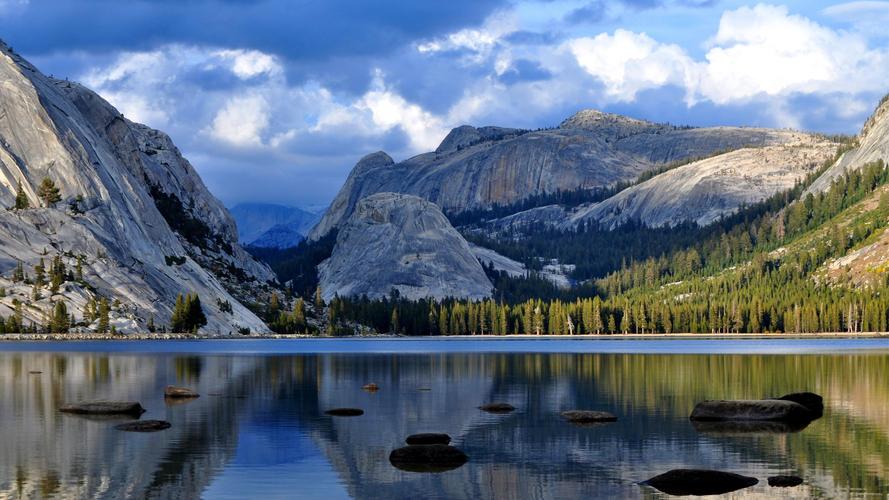Exploring the Diversity of Religious Cultures Around the World
Religion has played a central role in the development of cultures around the globe. The rich diversity of religious practices not only provides a fascinating insight into the human experience but also fosters the celebration of differences and promotes religious tolerance. The diversity of religious cultures around the world is a testament to how people live, connect and worship. This article will delve deeper into religious diversity, its importance, and its impact on society.
The Importance of Religious Diversity
Religious diversity is crucial in society where people from different faiths and beliefs exist. The world comprises numerous religions, which reflects the multiplicity of beliefs and culture. This diversity has given rise to many different practices, customs, and ways of life. It is a foundation of social harmony, ethnic pluralism, and global recognition. Religious diversity not only promotes communal cooperation, social awareness, and understanding but also strengthens unity among people by recognizing their similarities and accepting their differences.
The Impact of Religious Diversity on Culture and Society
Religious diversity has an impact on culture and society in many ways. It has been a driving force behind many innovations, the development of beliefs, and the creation of diverse traditions. It shapes the values of people and how they see the world. Religious diversity promotes cross-cultural understanding and creates a sense of shared community among people of different religions. It fosters mutual understanding and respect for different religions, thus promoting social harmony and unity.
Examples of Religious Diversity Around the World
The world is home to a diverse range of religious cultures, and each has unique traditions, rituals, and beliefs. The diversity of religious cultures is exemplified by practices such as:
Hinduism
Hinduism is one of the oldest religions in the world, with 1.15 billion followers worldwide. Hindus believe in one ultimate god, Brahman, but this god takes many forms. Over time, Hinduism evolved into a diverse religion enriched with philosophy, culture, and diverse beliefs.
Buddhism
Buddhism is a non-theistic religion that advocates the pursuit of personal enlightenment through meditation and self-reflection. It originated in India, and today, it is a global religion with approximately 500 million followers. Buddhism is divided into two major branches: Theravada and Mahayana.
Islam
Islam is an Abrahamic religion that promotes the worship of one God, known as Allah. There are approximately 1.5 billion followers of Islam in the world. It is one of the fastest-growing religions and has a significant impact on societies in many parts of the world.
Christianity
Christianity is the largest religion in the world, with more than 2.3 billion followers worldwide. It is based on the teachings of Jesus Christ and includes various branches, including Catholicism, Protestantism, and Eastern Orthodoxy.
Conclusion
The diversity of religious cultures around the world is a blessing that we must cherish. It highlights the importance of religious harmony, understanding, and respect. Understanding the traditions and practices of different religions enriches our knowledge and enhances social cohesion. It’s essential we celebrate the diversity of religious cultures around the world, which fosters peace, unity, and respect.
(Note: Do you have knowledge or insights to share? Unlock new opportunities and expand your reach by joining our authors team. Click Registration to join us and share your expertise with our readers.)
Speech tips:
Please note that any statements involving politics will not be approved.
